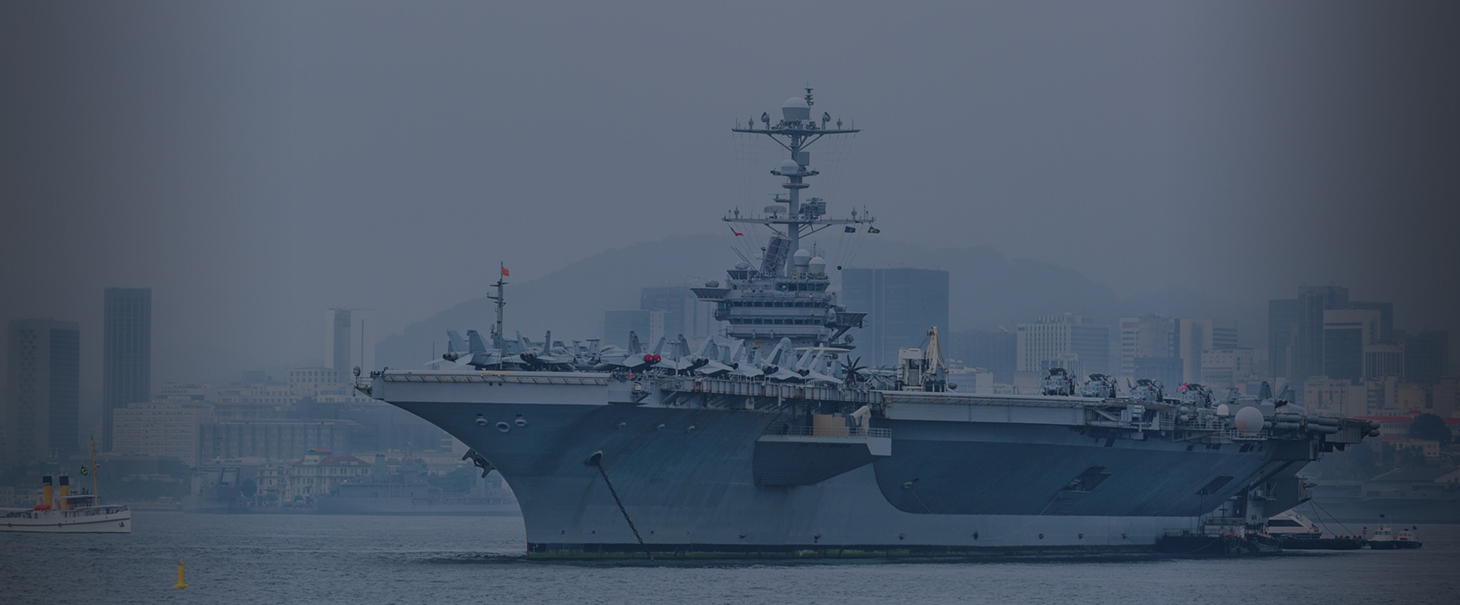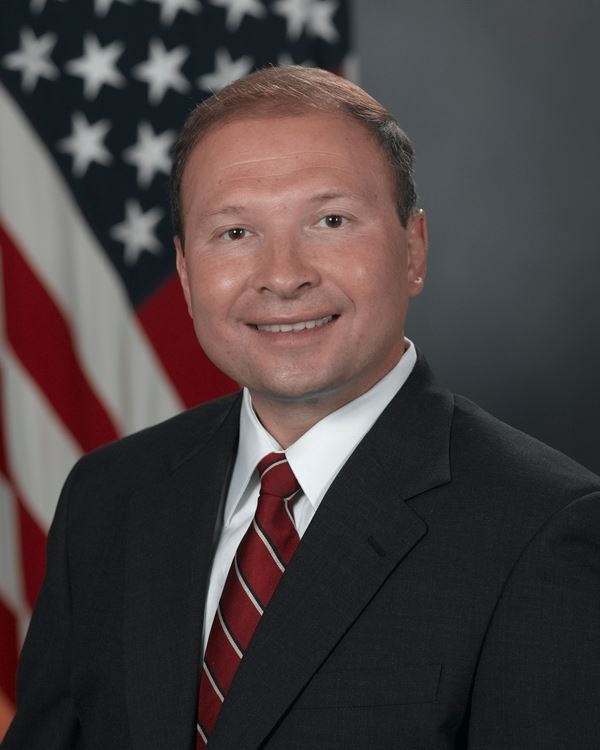EXPERT
Issues
Locations
DOWNLOAD
As world leaders gather for the NATO summit in Wales during the first week of September, they’ll need to do some collective soul-searching on the alliance’s future. NATO served its original purpose in preventing the Soviet Union from overrunning Western Europe, but the world isn’t much safer today. Everywhere we look, deadly threats abound — from radical Islamist terrorist groups and a future nuclear-armed Iran to a resurgent Russia focused on restoring an empire to the rise of China, and more. Despite these shared security challenges, the continued alliance isn’t guaranteed as most member nations balk at budget expectations equaling 2 percent of national gross domestic product, while sharply disagreeing on policy matters, including what constitutes a mutual threat. Meanwhile, in an era of fiscal austerity, calls for isolationism on both sides of the Atlantic are growing louder. So what are the keys to ensure NATO’s future? Increased burden-sharing: “Collective security” ought to be collective. In NATO’s case, it’s mostly collecting from America. Though 315 million Americans constitute just 35 percent of NATO’s 910 million combined population, according to NATO figures in 201, they paid 73 percent of the defense expenditures. There’s also a combat-credibility issue. NATO-led ISAF stands for International Security Assistance Force, yet the half-joking “I Saw Americans Fighting” was the least offensive term commonly used to describe European contributions. As Defense Secretary Robert M. Gates noted in a 2011 Pentagon farewell address, the United States, Canada, the United Kingdom, the Netherlands and Denmark, along with NATO-ally Australia were the only ones willing to “fight and die” facing off against the Taliban. He called NATO’s future, “dim, if not dismal.” Smarter policy with Russia: While Vladimir Putin is busy reconstituting a Russian empire, NATO has the military might to crush Russia. Despite downward spending trends, NATO defense budgets are still more than 10 times what Moscow spends, yet career KGB man Mr. Putin acts like those numbers are reversed. NATO nations must get tough, including expanded sanctions and increased military exercises in places such as Georgia, the Baltic States, Poland and even western Ukraine. NATO should also acknowledge Russian internal security concerns, such as shrinking demographics from 148 million to 143 million over 20 years as a result in part to social issues run amok, and a rapidly growing Muslim population, which according to the American Foreign Policy Council’s Ilan Berman, could be the majority by 2050. Yet the approach shouldn’t be all stick, no carrot. Collaboration in space and cooperation against the mutual threat from radical Islam could reassure Russians that NATO is not their enemy. Confronting radical Islam at home and abroad: Over the past 13 years, al Qaeda and affiliates have inflicted mass-casualty attacks against civilians in America, the United Kingdom, Spain and Turkey, while plotting others in Canada, France and Germany. Even though NATO has deployed troops to Afghanistan, apart from France, most nations severely underplay the threat from both Saudi- and Iranian-exported ultraviolent brands of political Islam. That’s because a well-funded Islamist lobby dampens any public criticism of Muslims with charges of “Islamophobia.” Additionally, fresh waves of immigration from the Middle East, South Asia and Africa have raised the number of Muslims in Europe from 4 percent to 6 percent over 20 years. Jihadists returning from the new “caliphate” in Syria and Iraq pose an imminent danger to NATO nations and must be dealt with as warriors. It’s past time NATO recognizes this is a war against Western civilization, not simply a law enforcement problem. Enlargement of aspiring members: Sharing values of democracy, personal liberty, economic freedom, the rule of law, and human rights, NATO has been a force for good and has expanded from 12 nations in 1949 to 28 today. Incorporation of the Baltic states — Latvia, Lithuania and Estonia — in 2004 has kept them safe thus far from a resurgent Russia. Georgia, which has deployed 12,000 troops to Afghanistan, 11,000 to Iraq and 160 to central Africa, is already doing more for collective security than many NATO nations, and should be admitted without delay. Once Bosnia-Herzegovina and Montenegro are ready, they should follow Georgia. Going global: NATO nations should prepare for more worldwide presence to stand with freedom. Since military operations are winding down in Afghanistan owing to political exhaustion, the Taliban may return to power once the troops leave in 2016. Meanwhile, the Islamic State has launched a genocidal campaign against Christians and other minority groups. Iran continues its march toward a nuclear weapon, and China is increasing defense budgets by more than 10 percent a year while menacing neighbors such as Japan and the Philippines. NATO could play a role in mitigating all these threats. While NATO has made a valuable contribution to European security for 65 years, history shows that no alliance lasts forever. In order to remain viable, it will have to adapt to modern-day realities.


 J.D. Gordon
J.D. Gordon